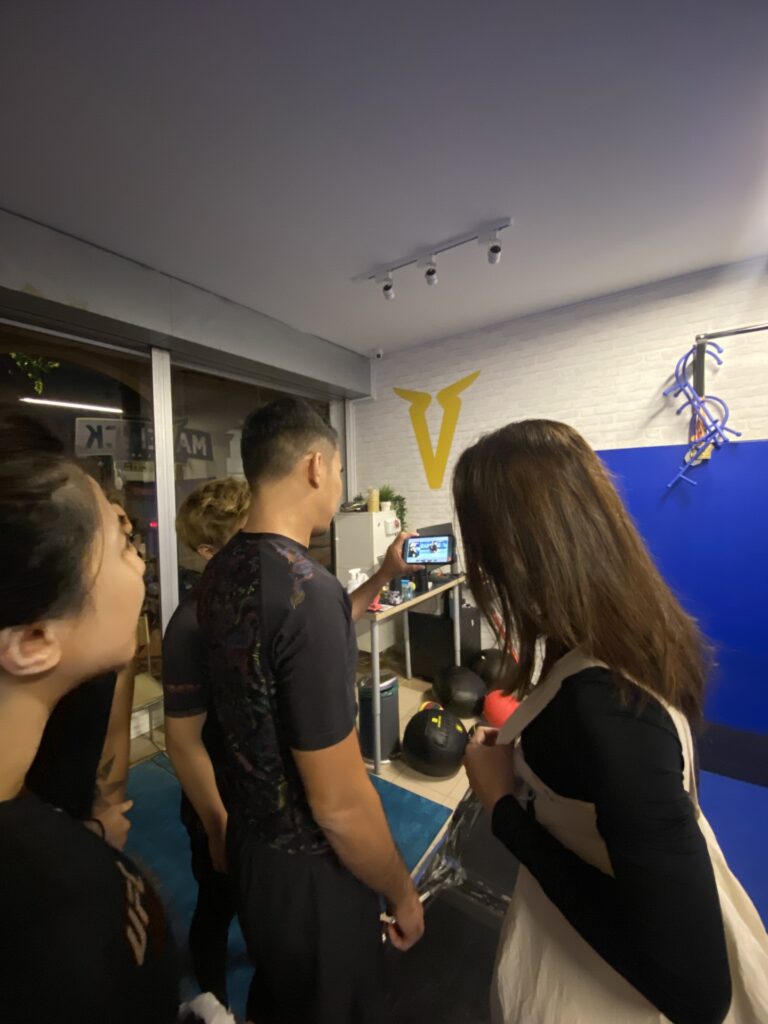Ask questions. Ask more questions. And seek answers.
But also ideally have a coach that provides the space for Q&A
I’d say our humble gym with only room for 4 pairs to roll at time is one of the most technical gyms per square metre 😂
And this isn’t because we follow a strict curriculum—there’s no syllabus pasted on the wall of the gym. Maybe there is one, except it lives in my coach’s mind.
Instead, here’s what I think is the one of the key drivers:
Our coach never fails to ask at the end of class “ok does anybody have any questions?”
The other night during nogi class, we spent over 30 minutes doing Q&A at the end of class and even went over time.
And that’s normal in our gym.
The other gyms I’ve gone to, start on time and end on time. People got places to be and schedules to stick to.
I’ve mention before that our gym, starts late, and ends… whenever everyone feels “done” rolling.
Turn your weaknesses into strength, am I right?
So that night, the first question was about leg locks, which prompted more questions from others. Eventually, we went through 4 or 5 questions in depth, discussing and troubleshooting scenarios people had trouble with.
Q&A generally goes like this:
- Someone asks a question
- If it’s too general, our coach will say “can you show it someone?”
- Asker grabs someone and reenacts the same situation.
- Coach will pause, then provide an answer, and demonstrate it. If he doesn’t know the answer, he’ll jump in and put himself in that situation to see what he’ll do.
What’s cool about my coach, which I really respect and admire, is that he is willing to learn from anyone.
One of the blue belts, let’s call him A, kept doing this rolling double leg take down counter on everyone that day including my coach. During Q&A at the end of class, coach asked A to show him how and what this move was.

Of all the gyms I’ve trained at, this is the only gym that actually uses Q&A sessions regularly.
And I think it’s crucial.
Because sometimes, the techniques taught that day might not be highly relevant to you at that time. But asking questions that fix your specific problems creates a powerful feedback loop.
If we keep fixing the thing that is holding us back right now, then we learn faster.
In other words, doing the right things (i.e. what truly matters), at the right time.
The alternative is passively learning, hoping the problems you’re facing now during sparring somehow fixes itself over time.
That’s why I think Q&A is a high-leverage activity, because it essentially helps us apply the 80/20 principle, which states that 80% of the results often come from 20% of the effort.
80/20 everything!
Leave a Reply